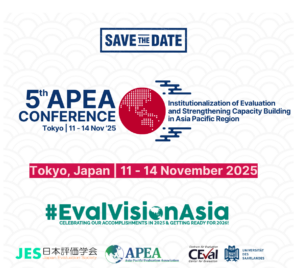CEval convinces parliamentarians of the benefits of evaluation
In many countries, the decisions of parliamentarians are not based on facts. Instead, convictions, subjective views or information from less reliable sources often dominate. In order to breathe life into the buzzword ‘evidence-based policy‘, the International Program for Development Evaluation (IPDET) conducted a workshop on behalf of the Global Evaluation Initiative (GEI) of the World Bank. In this workshop, Prof. Dr. Reinhard Stockmann (CEval) showed how evaluation can contribute to generating such ‘evidences’ and how evaluation can support parliamentarians in their concrete work tasks. Evaluation results are an important source of information for the adoption of laws and the budget as well as for the control of the government, in parliamentary debates and generally in decision-making.
The approximately 50 participants from 18 mainly South Asian countries (such as Sri Lanka, Nepal, Pakistan or India) discussed with great enthusiasm the opportunities that evaluation offers in policy making. The participants showed overwhelming commitment in solving work tasks, analyzing practical case studies and conducting a simulated parliamentary debate. In the debate, the results of a real evaluation report were used to justify and discuss proposed legislative initiatives. It became clear that during the workshop not only an understanding of the benefits of evaluation for parliamentary work emerged, but also a strong will to use evaluations in the real world of politics.
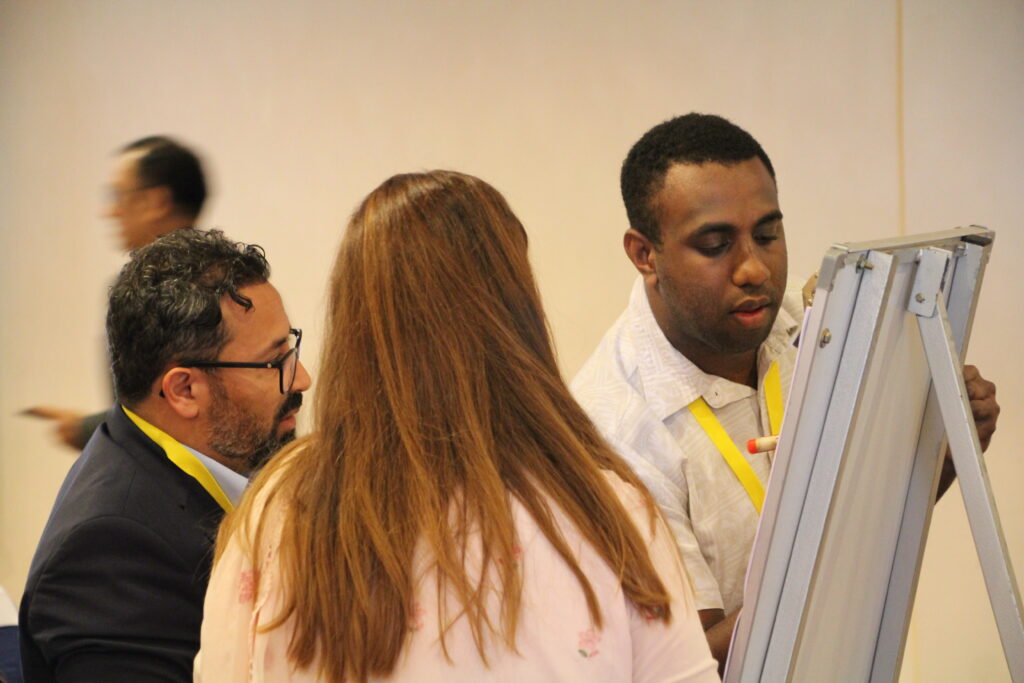
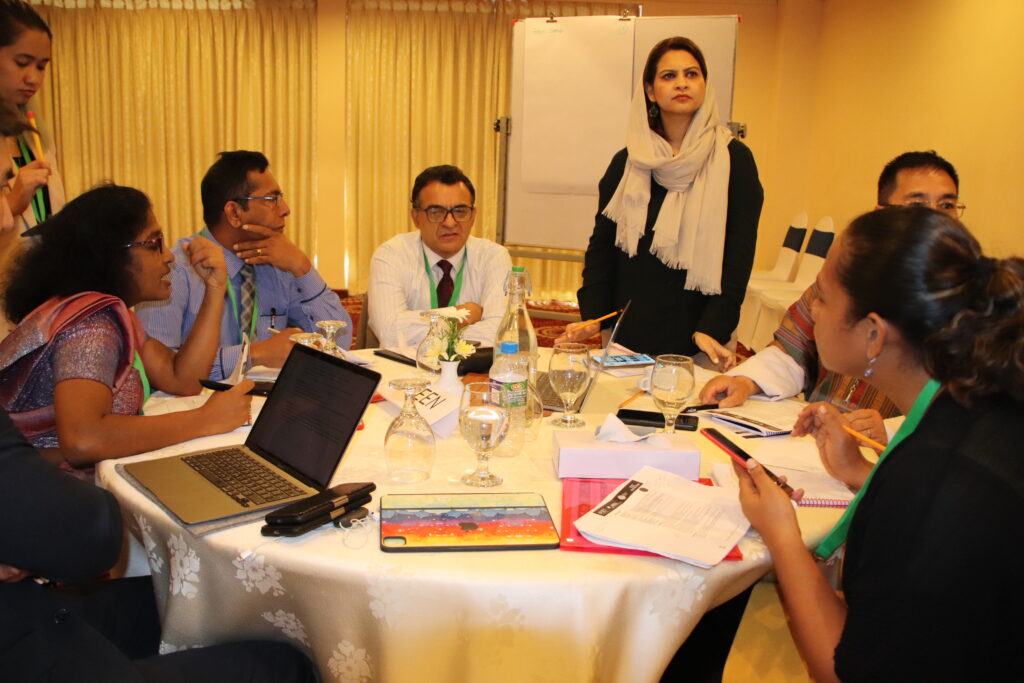
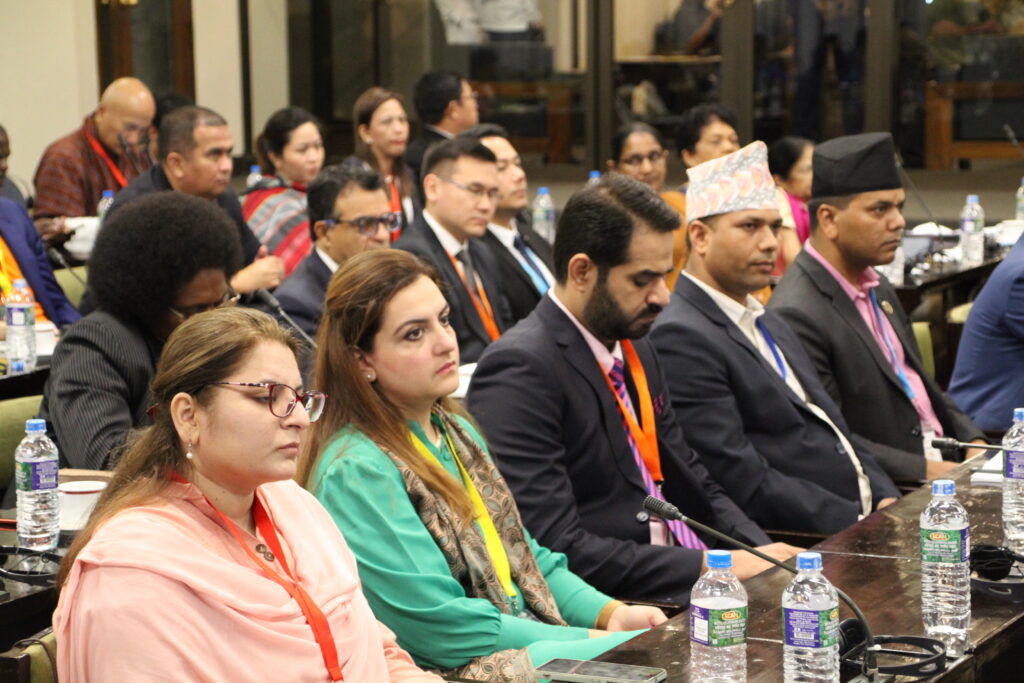
This is a great achievement, because the establishment of national evaluation structures and processes, one of the central goals of the GEI, cannot succeed without the involvement of the legislature. The political shift toward evidence-based rational governance does not only concern the executive branch, but requires a legislative foundation. Parliamentarians can not only use evaluation results for their debates and decision-making, but they can also significantly contribute to setting the framework for evidence-based policy by enacting evaluation laws or including evaluation clauses in laws.
The workshop conducted by the Center for Evaluation (Saarland) and the Asia Pacific Evaluation Association (APEA) and the Global and the Asia Pacific Parliamentarians Forum for Evaluation in Colombo/Sri Lanka from March 27-30, 2023 has attracted a lot of media attention. Especially the visit of the Sri Lankan Prime Minister Dinesh Gunawardena during the official opening was recognized on TV and radio as well as in numerous newspaper articles.
At the end of the workshop, the participants visited the Sri Lankan Parliament. Important representatives of the parliament, the government and the opposition unanimously stated that the legislation on evaluation should now be brought to a conclusion in order to establish a national evaluation system.
This will to implement the insights and experience gained in the workshop in their own parliaments was also evident among the participants from other countries. In a final survey, 90% said they wanted to convince their parliamentary colleagues of the usefulness of the evaluation. Around three quarters of respondents intend to use evaluation results for decision-making in the future, to demand that evaluations be carried out or to anchor evaluation clauses in new laws and decrees.
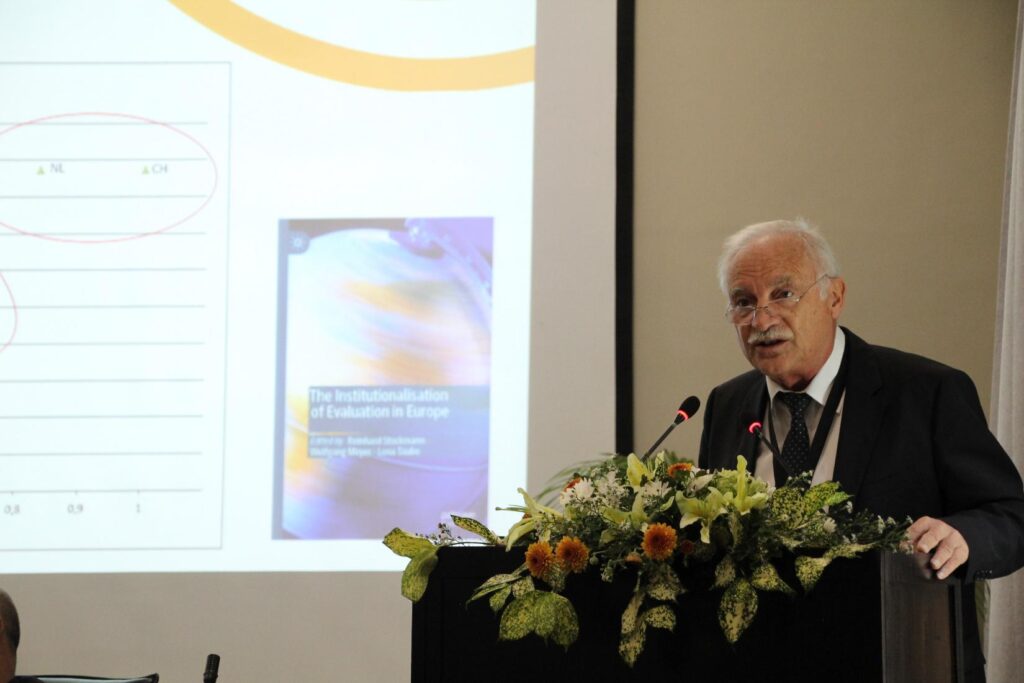
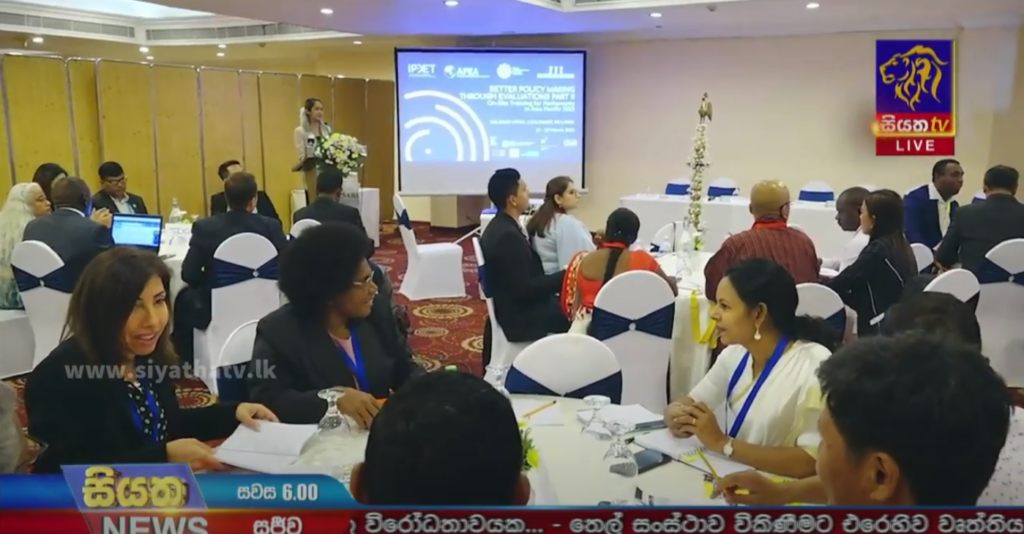
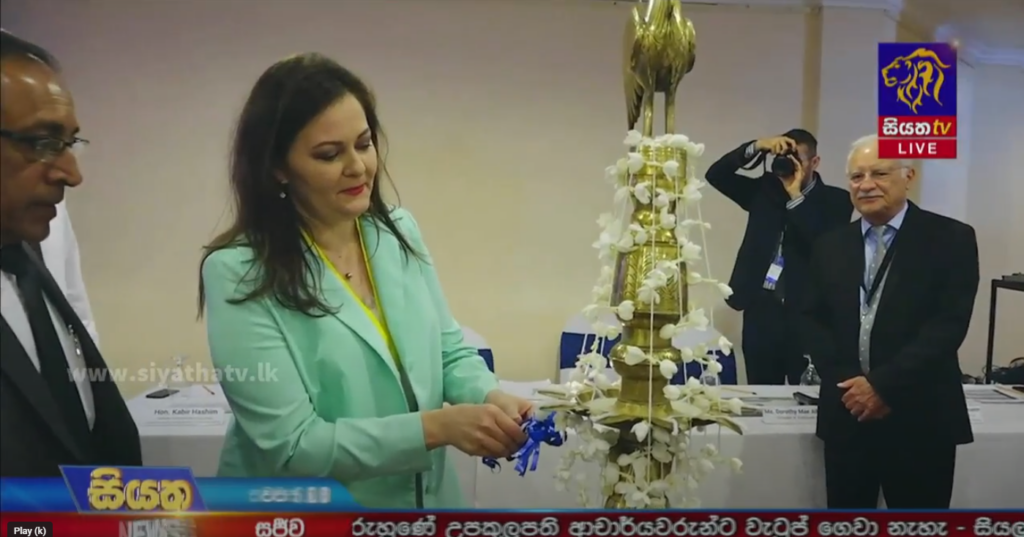
Prof. Dr. Reinhard Stockmann was very impressed by this almost euphoric enthusiasm: “Even if only a part of these declarations of intent are put into practice, the further training for parliamentarians has actually helped to turn the workshop motto ‘Better Policy Making Through Evaluation’ into reality.”
About IPDET: IPDET is a joint project implemented by the Center for Evaluation (CEval) together with the Center for Continuing Education (ZUW) at the University of Bern, Switzerland and the Independent Evaluation Group (IEG) of the World Bank, as well as the Global Evaluation Initiative (GEI) of the World Bank. More about the project here.
Responsible persons at CEval GmbH: Prof. Dr. Reinhard Stockmann, Laszlo Szentmarjay
Responsible Organizations:


Supporting Organizations:
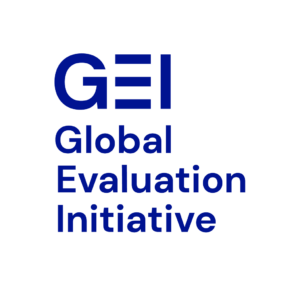
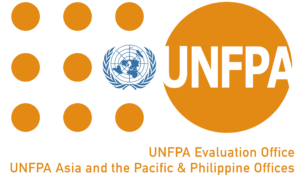


and the Asian Development Bank (ADB)
Workshop topics: ‘The utility of evaluation for parliamentarians’ work’, ‘The use of evaluations for evidence-based policy and societal development’ , ‘How to make parliamentary debates and policy making evidence informed’, ‘Practical experience sharing session with academia and parliamentarians in Sri Lanka’



